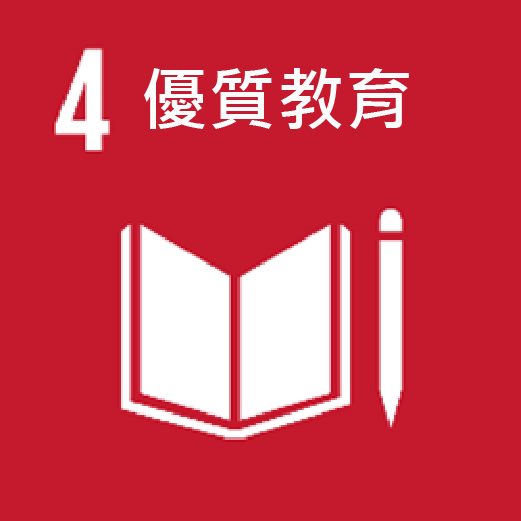| 開課班級Class: | 授課教師Teacher: | 學分數Credits: |
| 四熱農一A | 張智皓 | 2 |
| 課程大綱Course Description: |
| Critical thinking are important characteristics that distinguish humans from other animals. In the modern era of information explosion and rampant misinformation, it is crucial to learn how to filter and analyze information. Philosophy is one of the rare academic disciplines that specifically studies " Critical thinking." Philosophers pay special attention to the quality and appropriateness of arguments. This course will introduce various argumentation techniques employed by philosophers. Once these argumentation techniques are learned, their application extends beyond the field of philosophy and becomes relevant to all academic disciplines as well as our daily lives. In this course, we will first introduce the basic tools of philosophers, such as what constitutes an argument and what qualities make a good argument. We will also explore arguments that intrinsically bad in their form. Once we have a certain level of understanding of these basic tools, we will delve into advanced argumentation tools, including various reasoning methods commonly used by philosophers. Furthermore, we will explain how to analyze and evaluate arguments, and how to examine the connections between premises and conclusions. Throughout the course, we will provide philosophical cases, daily examples, statistical cases, and other supporting materials to illustrate the course content. |
| English Outline: |
| We hear the term “critical thinking” in our daily life, and have a general understanding of it. It's essentially the art of reasoning. We all engage in reasoning in our everyday lives, and many times we can make successful conclusions. However, without a systematic study of this skill, it's easy to get distracted by other factors, leading to false or inappropriate reasoning. So, this class is all about introducing 'reasoning' in a structured way. |
| 本科目教學目標Course Objectives: |
| Throughout our lives, humans are constantly faced with various forms of reasoning and decision-making. The fundamental spirit of critical thinking lies in effectively analyzing data and applying information, drawing appropriate conclusions through proper reasoning and inference. A good reasoning approach can help us be efficient and accurately derive conclusions, assisting us in making important and crucial decisions in life. The main objective of this course is to enable students to have a certain level of understanding of appropriate reasoning methods and argument evaluation techniques, and to have the ability to apply them in their daily lives. |
| 教學型態Teaching Models: | 成績考核方式Grading: |
| 課堂教學 | 平時成績General Performance:25% 期中考Midterm Exam:25% 期末考Final exam:30% 其它 Other:Attendance 20% |
| 參考書目Textbooks/References: |
| Textbooks: Fosl, P. S., & Baggini, J., 2020, The Philosopher’s Toolkit: A Compendium of Philosophical Concepts and Methods, Wiley Blackwell. Missimer, C. A., 2004, Good Arguments: An introduction to Critical Thinking, Pearson. References: 1. Patten, B. M., 2004, Truth, Knowledge, or Just Plain Bull: How to Tell the Difference, Prometheus Books. 2. Sinnott-Armstrong, W., 2018, Think Again: How to Reason and Argue, Pelican. |
| SDGs指標: |
  |
| UCAN職業項目: |
| 課程更新狀態: | 課程匯入時間Import Time:2023-07-04 11:20:46 |
| 最後更新時間Last Modified:2023-09-13 19:09:39,更新人modified by:張智皓 |